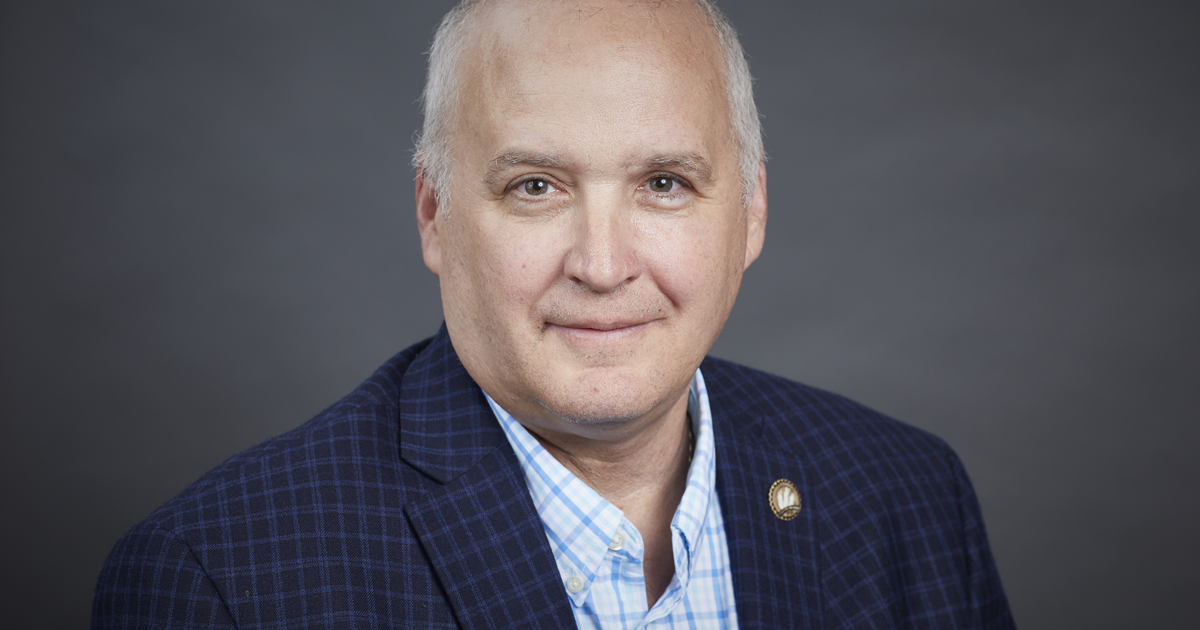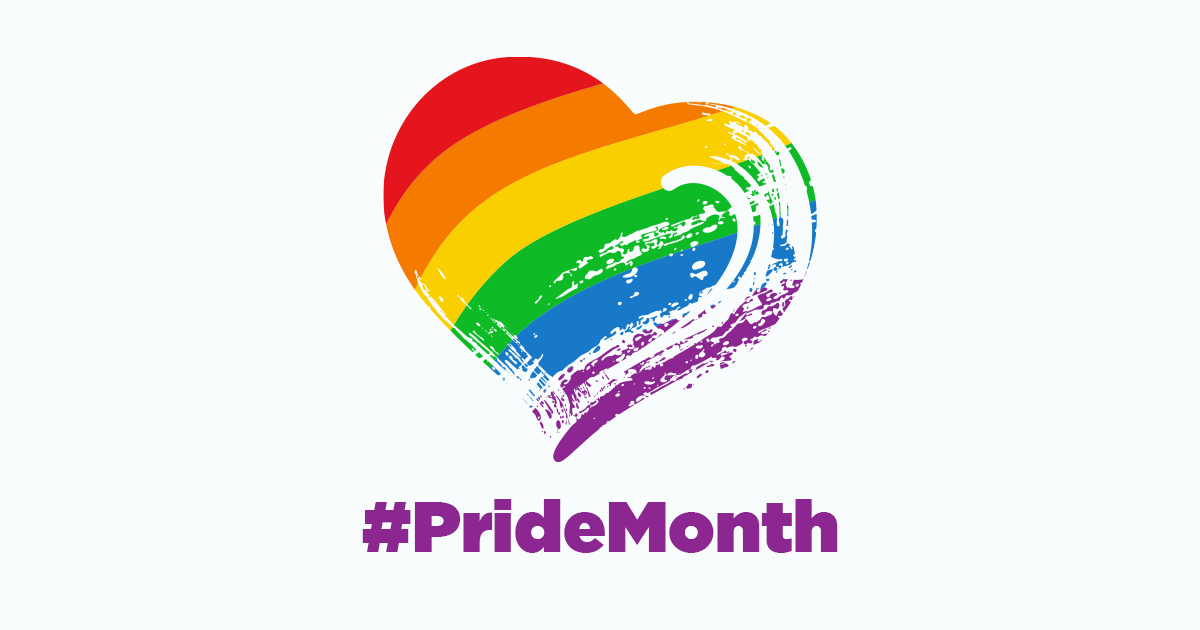In recent months, everyone has been overwhelmed by the changes in their work and home life because of the COVID-19 pandemic. Unfortunately, thousands of public service workers are still faced with old and new Phoenix pay problems.
We want to remind all PSAC members of the resources they have available from their employer as well as from their union – and their ability to claim expenses they are owed.
Follow this step-by-step guide if you are experiencing pay issues.
1. Speak to your manager (current employees)
Once you are certain that a pay issue has occurred, the first step is to contact your section 34 manager. Explain to your manager when the problem happened and the nature of the issue.
You may expect your manager to guide you through your department’s human resource (HR) process and identify the best options available for your issue. Three courses of action are possible:
- Contacting the Public Service Pay Centre (PSPC)
- Submitting a pay action request (PAR)
- Submitting a Phoenix feedback form
Proactively follow-up with your manager to ensure they have completed all critical tasks to advance your casefile with the Public Service Pay Centre. Once your pay action request is received by the pay centre, you can track its progress by using the Track myCASE web application.
2. Contact your union (current and former employees)
If you are experiencing delays processing your Phoenix pay issues, the Public Service Alliance of Canada will escalate issues with the PSPC Client Service Bureau on your behalf.
Review the suggested courses of action for each pay issue scenario or get in touch with our pay issue specialists through our general inquiries form. Select Phoenix pay issue from the What is your inquiry about? drop down menu. A member of our team will contact you with updates as soon as they become available.
3. Claim out-of-pocket expenses
You may be eligible to make a claim if you have incurred out-of-pocket expenses because of Phoenix pay problems. Eligible expenses include banking fees for non-sufficient funds (NSF), financial penalty charges, interest payments, tax expenses, and more. Submit an expense claim online or contact your departmental claims officer for help with this process.
Learn more about PSAC’s negotiations for fair compensation for the harm done by Phoenix or visit our Phoenix landing page for other updates.








 Members of the union family,
Members of the union family,